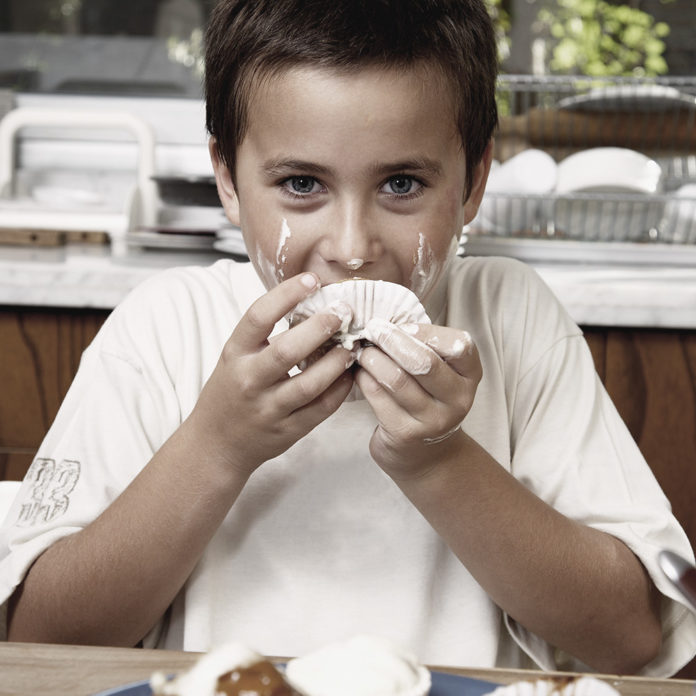
Nose picking, nail biting, thumb or dummy sucking and general ickiness. For some reason bad habits tend to be part and parcel of parenting little (and not so little) kids.
Most of these rituals, no matter how gross or socially inappropriate, can be chalked up to nervousness or a way to self-sooth. That doesn’t make them any more acceptable, especially when done in company and without a hint of shame. It can be considered comical to see a child, who is barely able to walk, with their finger so far up their nose that you can hardly see it, unless of course that child happens to be yours.
Old habits die hard
Habits have a tendency to be hard to break. Formed over time through repeated behaviour and used as a coping mechanism for stress or boredom, it’s very possible that these habits are done without the child being aware that they are doing it. As a former nail biter I can attest to the fact that I didn’t intentionally bite my nails to the point of pain, but certain things like new situations, meeting strangers, and facing exams always triggered my bad habit.
Handle with care
Unfortunately certain habits can have long lasting and problematic side-effects, like delayed speech and physical development issues. Parents over the years have tried many methods to deal with embarrassing habits – from bribery to public humiliation – with varying results and at times causing new problems in the process. Here are a few things to remember when trying to break a bad habit.
- What are you trying to achieve? Sometimes our desire to break a bad habit is more about us than it is about our child. If the habit is not doing any damage but annoys the heck out of you, maybe you need to take a deep breath and let it be. Something like hair twirling or finger snapping, while irritating, don’t equate to a huge hill of beans in the grand scheme and you should choose your battles wisely.
- Look for the cause: You may find that your child reverts to their habit of choice on specific occasions, at certain times of the day, or has a trigger of some kind. For example, biting their nail while watching television or sucking their thumb when they’re tired. If you can find the root cause, maybe a change in routine or some other adjustment will help to break the cycle.
- Be kind: Try to remember that no matter how yucky or embarrassing the habit may be, your child is just a child, and possibly using this action to try and cope with feelings they’re too small to cope with in other ways. Humiliating them, scaring them, or generally being an ogre about it is not helpful and probably only going to make things worse.
We all, parents and children alike, have coping mechanisms and things we do that help us deal with life and the circumstances we find ourselves in. When those crutches are inappropriate or cause unforeseen issues, it’s time to make a change and find a better support during times of worry or stress. After all, chewing your nails may give you something to do but it isn’t going to fix the problem. The Bible offers an alternative to the habits we often use to cope and says:
“Don’t worry about anything; instead, pray about everything. Tell God what you need, and thank him for all he has done. Then you will experience God’s peace, which exceeds anything we can understand. His peace will guard your hearts and minds as you live in Christ Jesus”
If you would like to know more, please click on the link below.
